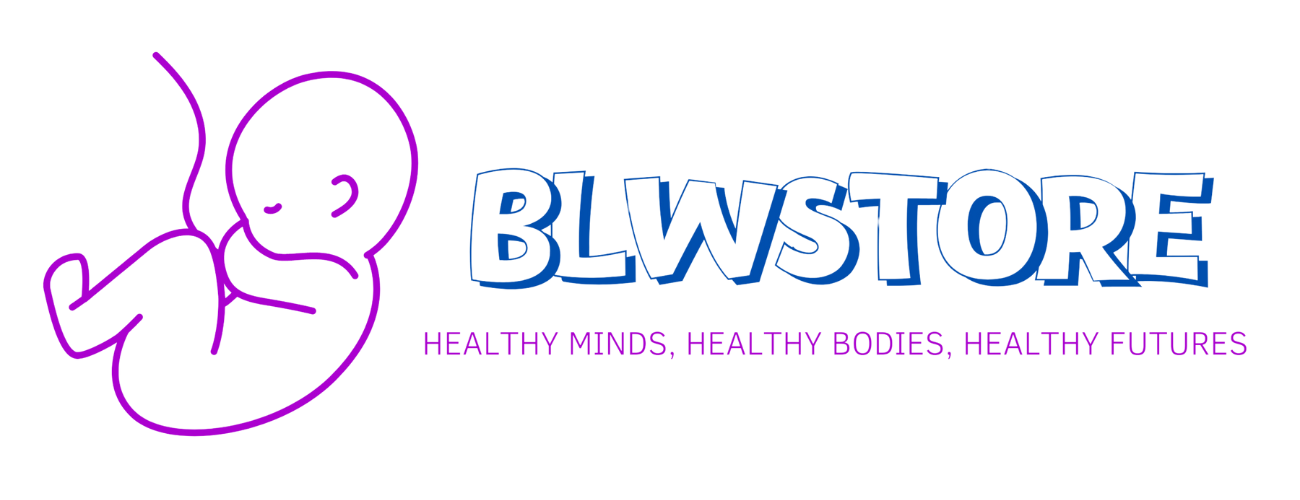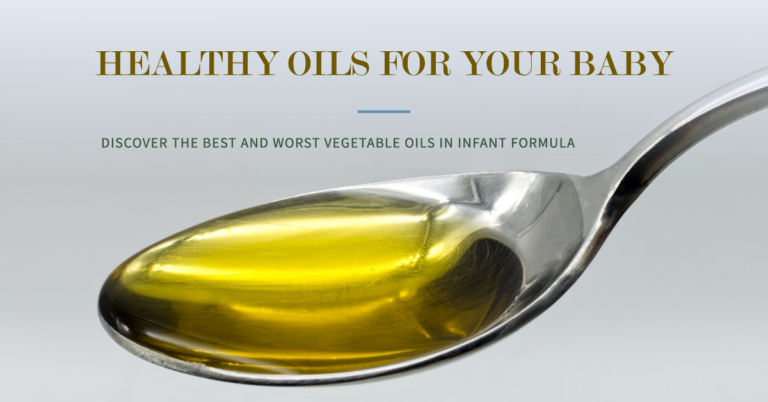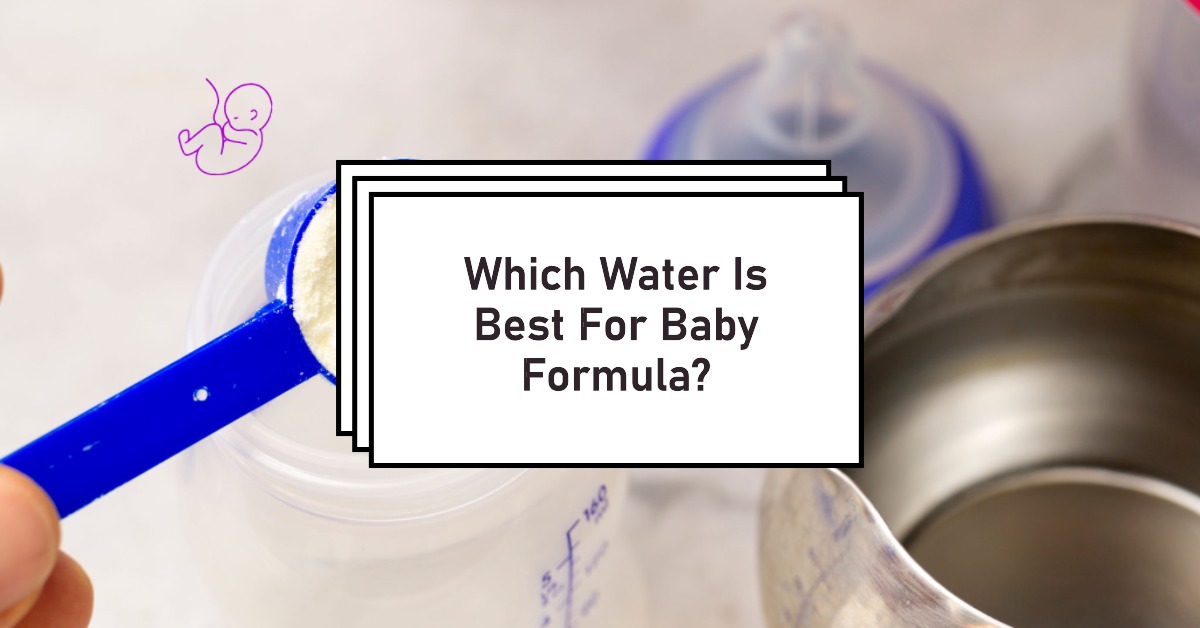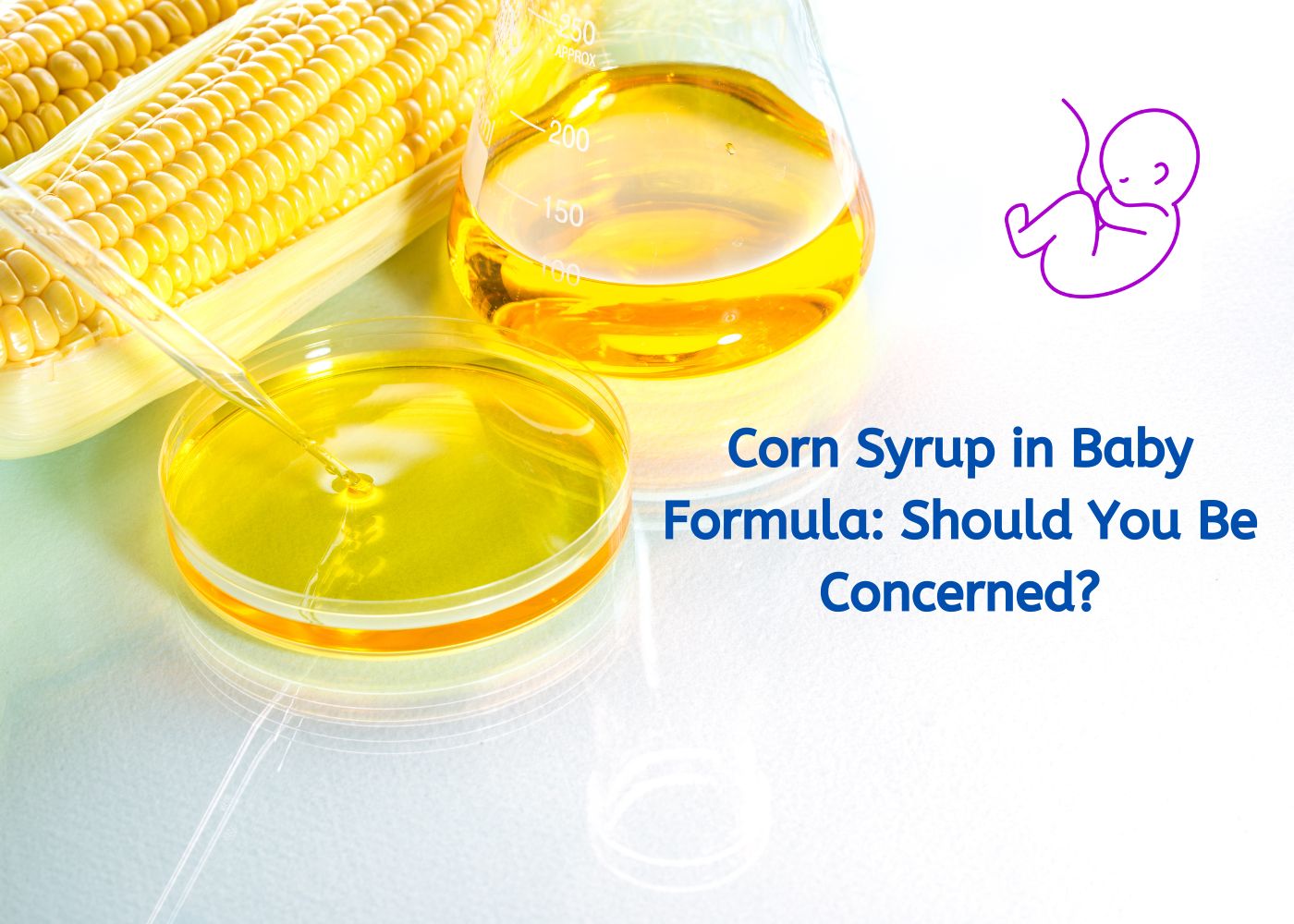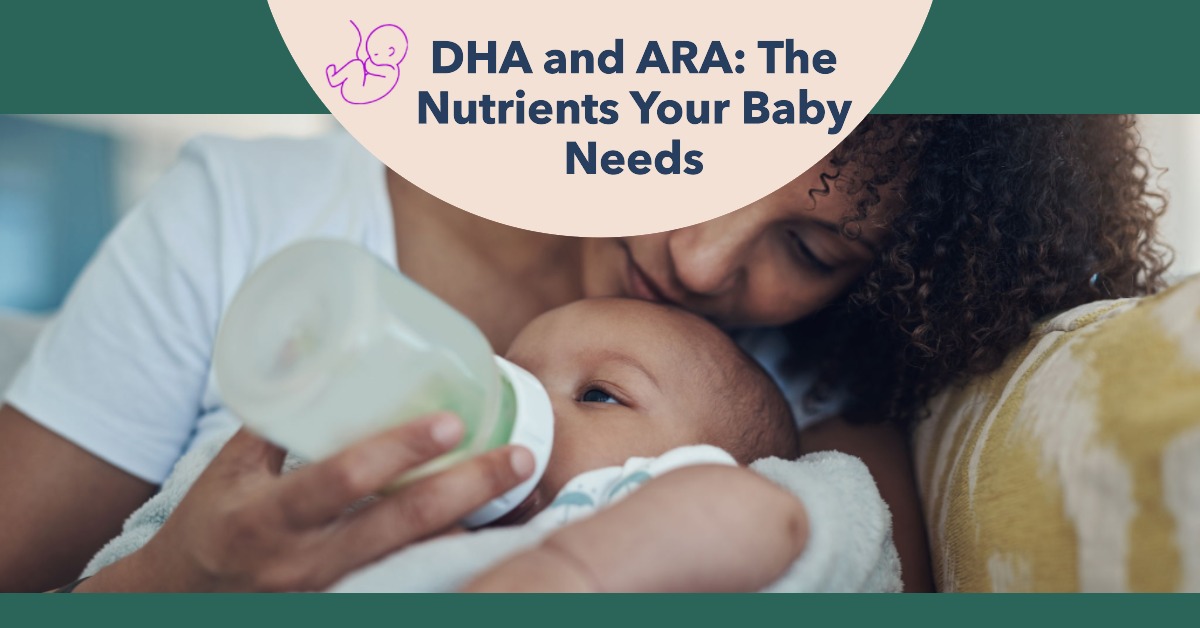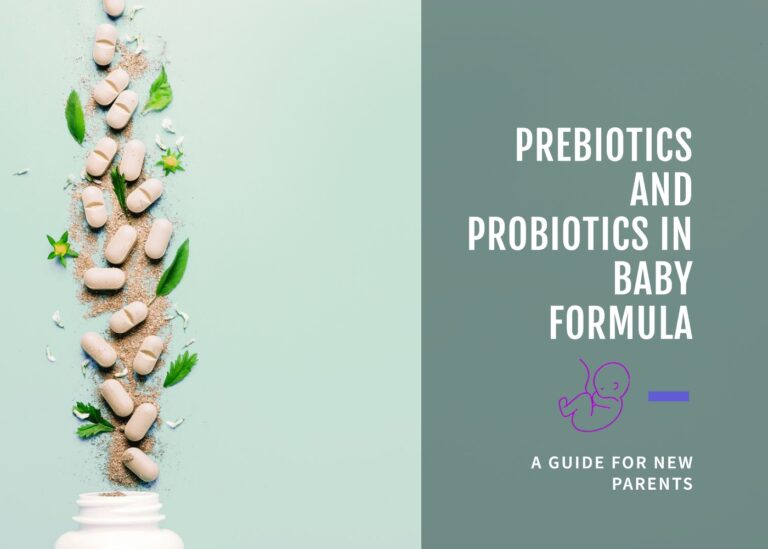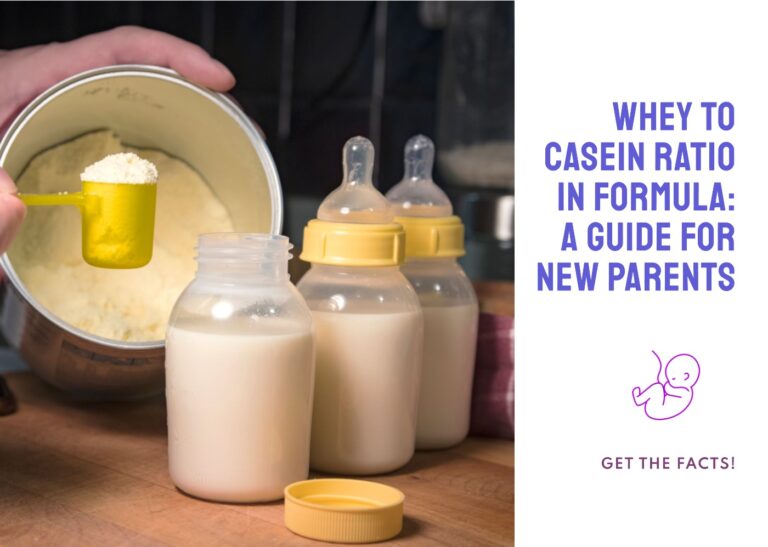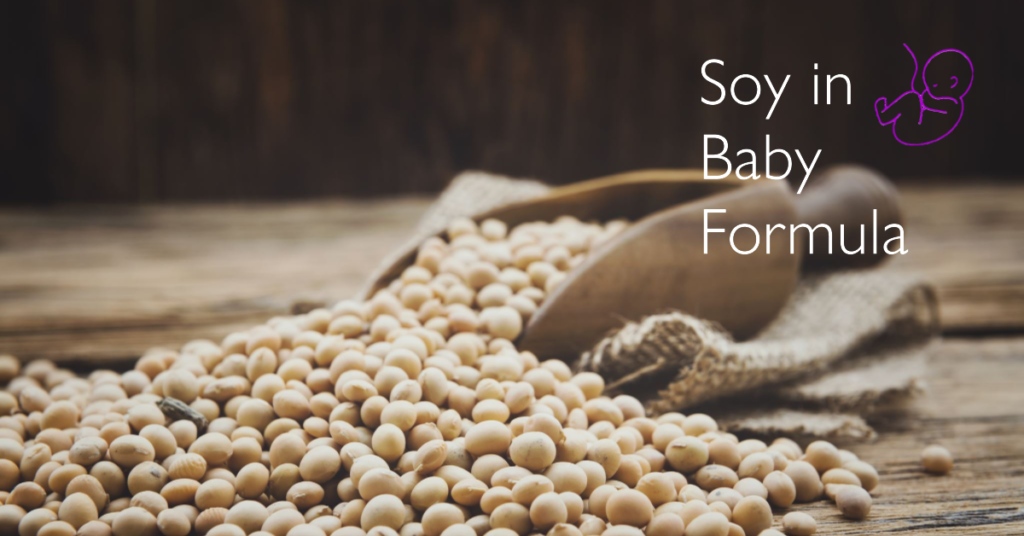
Key Takeaways
Soy-based baby formula is a dairy-free option, suitable for lactose intolerant babies, those with cow’s milk allergies, or infants from vegan families.
It’s also recommended for infants with galactosemia, a rare metabolic disorder.
Risks include potential hormone imbalances due to plant compounds called phytoestrogens and possible soy allergies.
Organic soy in formula is certified by USDA, non-GMO, and avoids harmful solvents in its production.
Alternatives to soy formula are hydrolyzed protein formula and goat’s milk formula.
Consult a healthcare professional before switching to soy-based formula due to potential risks.
Interested in buying a formula made with soy protein for your baby?
If the answer is yes, we recommend you take a look at this article first, so you can make an informed decision.
Let’s get after it!
Related read: Seed Oils in Baby Formula
Our short opinion and experience
While the formula made with soy protein is FDA-approved and marketed as safe, we believe other options should take precedence.
If your baby has a cow’s milk protein allergy, opting for a partially or extensively hydrolyzed formula may be a better initial choice than soy. *Read: Baby Formula Allergies
If your baby has intolerances, or experiences gastrointestinal issues with conventional cow milk formulas, you might consider trying a goat’s milk formula, or a more easily digestible formula with reduced lactose or hypoallergenic properties.
If you’re vegetarian, there are formulas available that align with vegetarian principles.
Of course, these are our suggestions, but you should always consult your pediatrician. They can offer the best advice tailored to your baby’s specific needs.
Soy In Baby Formula: What Is It?
Soy-based baby formula is a non-dairy alternative to traditional cow’s milk formulas.
Made from soybean protein, this option provides a reliable source of essential nutrients for babies with dietary restrictions or sensitivities to cow’s milk.
Many parents choose soy-based infant formulas due to lactose intolerance or allergies related to cow’s milk proteins.
The unique composition of these plant-based alternatives helps ensure that even sensitive babies have access to the vital nutrients they need during their crucial developmental phase.
Why Is Soy Used In Baby Formula?
Soy-based formula suits infants with lactose intolerance, cow’s milk protein allergy, and vegetarian or vegan families.
It is also recommended for infants with galactosemia, a metabolic disorder.
Prioritize the baby’s health and consult with healthcare professionals for the best choice.
Soy is used in baby formula for infants who are lactose intolerant, have cow’s milk protein allergy, or come from vegetarian or vegan families.
Lactose Intolerance
Lactose intolerance is a common digestive issue that can occur in babies, making it difficult for them to process lactose found in cow’s milk-based formulas.
This condition occurs due to insufficient levels of lactase, an enzyme necessary for breaking down lactose into simpler sugars like glucose and galactose, which are easily absorbed by the body.
For parents whose babies struggle with this type of digestive discomfort or have been diagnosed with congenital lactose intolerance by their doctors, soy-based baby formulas serve as a helpful alternative.
These formulas are made without dairy products and are thus naturally lactose-free.
Milk Protein Allergy
Milk protein allergy, also known as cow’s milk allergy or CMPA, is a common issue among infants and young children. It occurs when the immune system mistakenly identifies cow’s milk proteins as harmful substances and reacts by releasing histamines, which can result in allergic symptoms.
New parents should be aware that some babies with cow’s milk allergies may also experience cross-reactivity to soy proteins. Cross-reactivity means that the immune system sees similarities between two different allergens and responds to them in the same way.
Vegetarian Or Vegan Families
Many families choose soy-based baby formulas when raising a child as a vegetarian or vegan.
These formulas offer essential nutrients and align with lifestyle choices. They also have health benefits, such as being cholesterol-free and having high-quality plant protein.
However, families who wish to avoid soy can choose vegetarian-approved options like Kendamil.
It’s important to prioritize a baby’s health when choosing a formula, regardless of personal dietary preferences .
Consult with healthcare professionals to ensure the formula fulfills the infant’s dietary needs.
It’s a personal decision, but the baby’s well-being should always be the priority.
Stay informed about nutritional science advancements to make the best health decisions for your child.
Galactosemia
Galactosemia is a rare metabolic disorder that affects infants who cannot metabolize galactose, a sugar found in milk. As a result, these babies must avoid all dairy products and consume alternative milk sources.
Soy-based formula is recommended for infants with galactosemia as it does not contain lactose or galactose and can provide complete nutrition for the baby.
Pros And Cons Of Soy-Based Baby Formula
| Pros | Cons |
|---|---|
| Suitable for lactose intolerant babies | Potential for hormone contamination |
| Good for babies with cow’s milk allergies | Decreased nutrient absorption |
| Provides allergy-free nourishment | Possible allergic or sensitivity to soy |
| Supports growth and development | Risk of cross-reactivity with other allergens, e.g., peanuts |
Benefits For Some Babies (e.g. Lactose Intolerance, Cow’s Milk Protein Allergy)
Soy-based baby formula benefits certain babies who cannot digest cow’s milk-based formulas. Soy-based formula is an excellent alternative for infants with lactose intolerance since it doesn’t contain lactose.
Similarly, soy formula can provide allergy-free nourishment without compromising growth and development for babies with cow’s milk protein allergies.
Risks And Concerns (e.g. Potential For Hormone Contamination, Decreased Nutrient Absorption)
One concern is the potential for hormone contamination due to phytoestrogens in soy.
These plant compounds can mimic estrogen in the body, leading to hormonal imbalances and disruptions in normal growth and development.
To mitigate these risks, you must talk to your pediatrician about whether a soy-based formula is appropriate for your baby’s needs.
Allergies And Sensitivities To Soy (soy Allergy And Cross-reactivity With Other Allergens)
New parents need to be aware of allergies or sensitivities their baby may have, especially when it comes to soy-based baby formula.
While soybean is considered an allergenic food and can cause severe allergic reactions in sensitive individuals, cross-reactivity with other allergens like peanuts are also possible.
Up to 88% of people who are allergic to soy also have a significant sensitivity to peanuts. This means that if your baby has a peanut allergy, there may also be a higher risk of allergic reactions to soy-based formula.
Soy-Based Baby Formula And Phytoestrogens
| Phytoestrogens in Soy Formula | Explanation |
|---|---|
| What are Phytoestrogens? | Naturally occurring plant compounds found in soy formula. Can bind to estrogen receptors, impacting hormone balance. |
| Effect on the Body | May cause hormonal imbalances due to weak estrogenic or anti-estrogenic activity. Linked to precocious vaginal opening and more frequent irregular estrus. |
| Genistein | An estrogen-like compound in soy, can mimic other estrogen-mimicking chemicals in the environment. May impact infant development. |
| Benefits and Risks | While potential for hormonal imbalances exists, human studies show no significant health or reproductive differences between soy and cow milk formula-fed infants. Subtle effects on estrogen-responsive tissues noted in soy-fed infants. |
Organic vs. Non-Organic Soy in Baby Formula
What Makes Soy “Organic”?
1. An Organic Certification (USDA in the US): Organic soy must be certified by the United States Department of Agriculture (USDA). When shopping, look for a USDA Organic seal on the packaging. This is your assurance that the soy meets strict standards for organic production.
2. Non-GMO: Organic soy is non-genetically modified (non-GMO). This means that the soybeans have not been altered through genetic engineering. Consequently, byproducts like soy oil derived from organic soy are also non-GMO.
3. Natural Extraction Process: Organic soy oil is extracted through expeller pressing. Imagine a giant press squeezing out the oil from the soybeans. This process is more natural than conventional methods, which often use chemicals.
4. No Harmful Solvents: When producing soy lecithin (a common ingredient in baby formula), organic methods use mechanical extraction. This ensures that harmful solvents like hexane are not part of the process.
How Is Non-Organic Soy Different?
Conventional soy might not meet the stringent criteria set for organic products. This means:
- It might not be certified by the USDA.
- It could be genetically modified (GMO).
- The extraction process for soy oil and lecithin might involve chemicals.
Nutritional Considerations
Organic soy retains the benefits of essential fatty acids.
It’s important to distinguish between soy as a protein source and its use in soy oil or lecithin products.
When we talk about soy as a protein, the discussion centers on the properties of the soybean plant itself.
What Do the Experts Say?
The American Academy of Pediatrics (AAP) considers soy formulas, including those made with organic soy, as a healthy and safe alternative to cow’s milk for those who can’t or choose not to breastfeed.
It’s always wise to consult a pediatrician if you have concerns about using soy or specific worries about your baby’s health, such as low birth weight or bone mineralization.
What Are The Alternatives To Soy Formula?
Hydrolyzed Protein Formula
For infants with milk allergies, hypoallergenic formulas like hydrolyzed protein formulas can be a great alternative to soy-based formulas.
These formulas contain partially or fully broken-down proteins that are less likely to cause an allergic reaction in babies.
Moreover, these types of infant formula provide complete nutrition for your baby and are safe for long-term use.
However, they may be more expensive than other types of formula due to the additional processing required to make them hypoallergenic.
Goat’s Milk Formula
Goat’s milk formula is a popular alternative to soy-based baby formula.
Parents often choose it as a dairy-free option or believe that goat’s milk may be more easily digestible than cow’s milk for their baby. *Read: Goat vs Cow Baby Formula
However, goat milk formula is not suitable for babies suffering from CMPA.
Soy Vs Goat Vs Hydrolyzed Formulas
| Type of Formula | Protein Source | Best For | Considerations |
|---|---|---|---|
| Soy Formula | Soy protein isolate | Babies with lactose intolerance, cow’s milk protein allergy, or those from vegan/vegetarian families | Contains phytoestrogens, which can impact the reproductive system. Some babies may have soy allergy or sensitivity. |
| Goat’s Milk Formula | Goat’s milk protein | Babies with mild cow’s milk protein allergy or intolerance or those from families that prefer a more natural source of milk | Goat’s milk is easier to digest than cow’s milk and contains less allergenic casein proteins. It is not suitable for babies with lactose intolerance or severe cow’s milk protein allergies. |
| Hydrolyzed Formula | Partially or extensively hydrolyzed cow’s milk protein | Babies with cow’s milk protein allergy or intolerance and those with a family history of allergies | Protein is broken down into smaller particles, making it easier to digest and less allergenic. Can be more expensive than other formulas. |
FAQs:
1. Is soy-based baby formula safe for infants?
Soy-based baby formulas are generally considered safe for most infants, but it’s important to consult with your pediatrician before switching from a traditional milk-based formula. Some babies may have an adverse reaction to soy or be allergic to the protein contained in soy.
2. What are the benefits of using soy-based baby formula?
Soy-based formulas are often used as an alternative to traditional milk-based formulas for babies who have difficulty digesting lactose or cow’s milk proteins. Additionally, some parents choose soy because they prefer a plant-derived protein source over animal products.
3. Are there any potential risks associated with using soy in baby formula?
Some studies have suggested that consuming large amounts of isolated soy protein could negatively impact thyroid function and hormone levels. Still, these effects have not been observed in infants consuming normal amounts of soy formula. However, it is always best to consult with a healthcare professional if you have concerns about your child’s health or development.
We’re Maria and Alberto, a married couple and educators who are nutrition enthusiasts. Even before we had kids, we were already crazy about nutrition.
We’d read scientific articles, watch videos from nutritionists, and spend hours listening to nutrition podcasts.
Today, we continue doing this, but in a different way, as we’ve learned to sift through the noise and trends. Nutrition, like any other field of knowledge, the more you read and learn, the more you develop a comprehensive understanding of reality, and that’s what has happened to us.
Before having our first child, we focused on learning everything we could about child nutrition, using the same techniques we had already employed, backed by our extensive knowledge in nutrition.
Our mission is to help other parents with their children’s nutrition, to help them become the best versions of themselves.
If we are what we eat and drink, which is absolutely true, let’s do it right!
